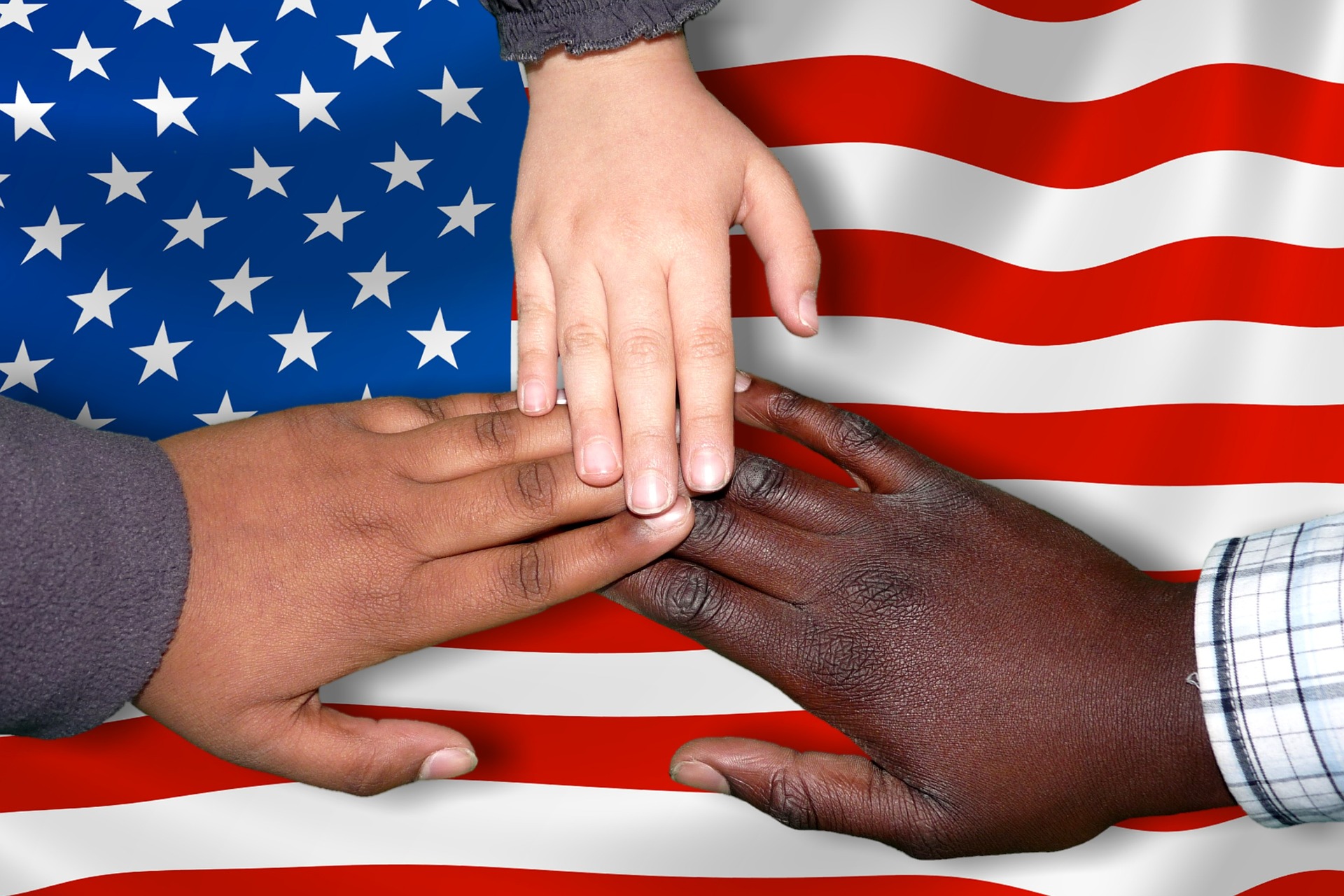For a bit more than six months I was the logistician (C-4) for Provide Comfort, the Humanitarian and return home mission for the Kurds and Iraqi Shia driven from their homes in Northern Iraq in mid-1991 (by that POS Saddam). Here are some lessons worth remembering.
American military logisticians start off well-equipped to handle HR Logistics. Why? Because they already practice (incessantly) to operate in large areas, in large numbers, in dangerous, no, deadly environments, in lousy weather and from swamps to mountain tops. They have the wherewithal and training to secure a base, bring in supplies, medicines and equipment, contract for services, operate for extended periods and run camps or tent cities to shelter and feed large numbers.
While we plan for and train for large numbers, including refugees and POWs, we still do not have a system to let folks know that international humanitarian relief is largely cultural. And not recognizing such is to fail in your HR mission.
For example, when the world put out the call for emergency relief for the Kurds in the 8-10,000 foot mountains. Americans wanted to be generous and so we sent aircraft and trucks to Minneapolis and Milwaukee and Missoula to take whatever food was delivered and get it to me so that I could get it to the mountain tops. So the ladies of the library club baked hams and delivered them by hand HOT to designated airports and got them to me in 4-5 days. Very heartwarming and smart since ham lasts a quite a while in the open – except the Kurds and Iraqi are Muslim and don’t eat much ham. The US Department of Agriculture sent us what appeared to be the US reserve supply of canned pears and peaches. The first part of this fruit went right to the camps, but it remained mostly un-eaten. Why? We Americans use too much sugar in our canning process for their tastes so they would not eat it. The USDA also sent 193% of the world’s supply of cranberry juice. This also sat on the flight-line in Southern Turkey because you can count on one hand the number of nations who eat or even know what cranberries are. And none of those nations are in the Middle East.
The interim solution was MRE’s [Meals Ready to Eat], for which the US GIs [soldiers] were ever so grateful since I used their MRE supply and could then hire Turkish fresh, hot meal contractors for military use. The long-term solution was to contract for culturally normal food (rice, flour and cooking oil) from whatever other country had surplus (Turkey is one of the 10 nations on earth who have food for themselves and plenty more for export).
Ahh, you say, MREs are a smart solution (3000 calories a day) but what about ham and pork pouches? Did we have to pull those out of the MRE packs? No. After the baked ham misstep, we began using the resources the Eisenhower argued for and got after WWII. When we go to war now, we have PhD Historians or Anthropologists to help field commanders deal with local targeting issues and cultural mores. They found a few verses from a Sura in the Koran that basically said if you are of the faithful but starving you may eat pork (etc.). So, we included a copy of the appropriate verses in Arabic, Kurdish and Turkish and packed it in with the MREs. No problem.
Fresh, clean water is not a problem when the snow is melting. There is way more than enough for all. In May with the snow gone – big problem. And without roads, or rivers or runways how to deliver life’s number two critical need? (Oxygen is number one, but even at 8000 feet, your body can acclimate.) So we dropped water bottles from C-130 aircraft. Dumb move. Water is incompressible and no matter with what padding you surround the bottle, it will blow up the bottle even if the same padding will guarantee egg delivery without a scramble. Something about physics not culture. Solution: freeze the water the night before and drop it frozen. No sweat.
But until we figured out a short and long-term water delivery solution (Oxfam had a great long-term water delivery and purification program), the Kurds and Iraqi Shia drank from, bathed in, (children) played in, and toileted in the high mountain rice paddles. While this may be great for next year’s rice crop, in the short-term dysentery is NOT your friend.
Finally, while we instantly knew how to make large latrine facilities for women (externally and internally privatized) we did not think to do the same for men. So Muslim men did not use any latrine that allowed one man to see another. We were even “invited” to leave and tear down a camp because a men’s slit latrine, while fenced from view, had no roof hence was allowing hilltop viewing. Once we figured out the problem we solved it, but there were some tense moments.
All I am saying here is that international HR efforts, even under the auspices of the United Nations High Commissioner for Refugees (UNHCR) or other such agencies have a cultural component that cannot be neglected. We must have a “system” to teach prospective HR leaders and logisticians to think through not just the supply chains, the medical flow, the shelters and food and water, but the culture of the refugees you are helping and YOUR cultural biases that can prevent success and lose lives.
Sounds like Sun Tzu talking “If you know the enemy and know yourself, you need not fear the result of a hundred battles. If you know yourself but not the enemy, for every victory gained you will also suffer a defeat. If you know neither the enemy nor yourself, you will succumb in every battle.” – Deryl S. McCarty, CPL
